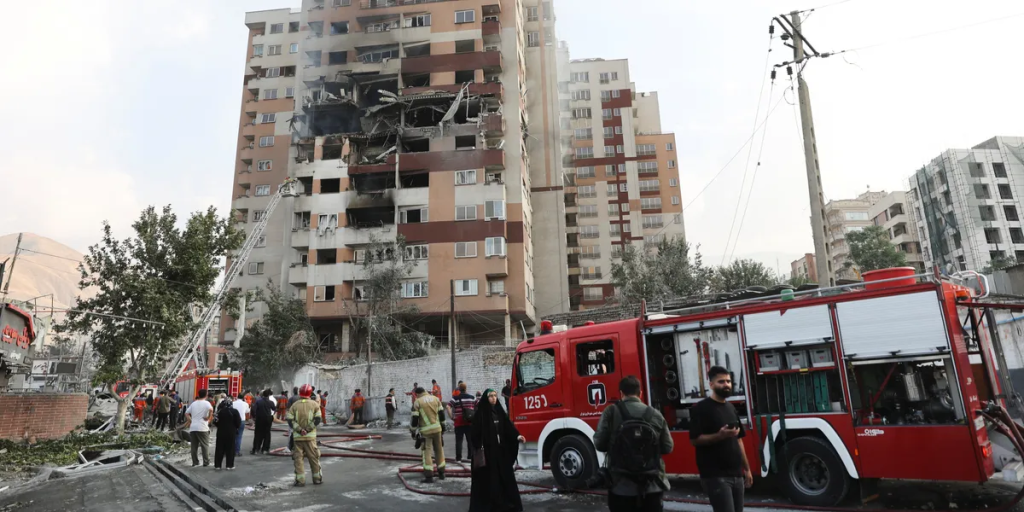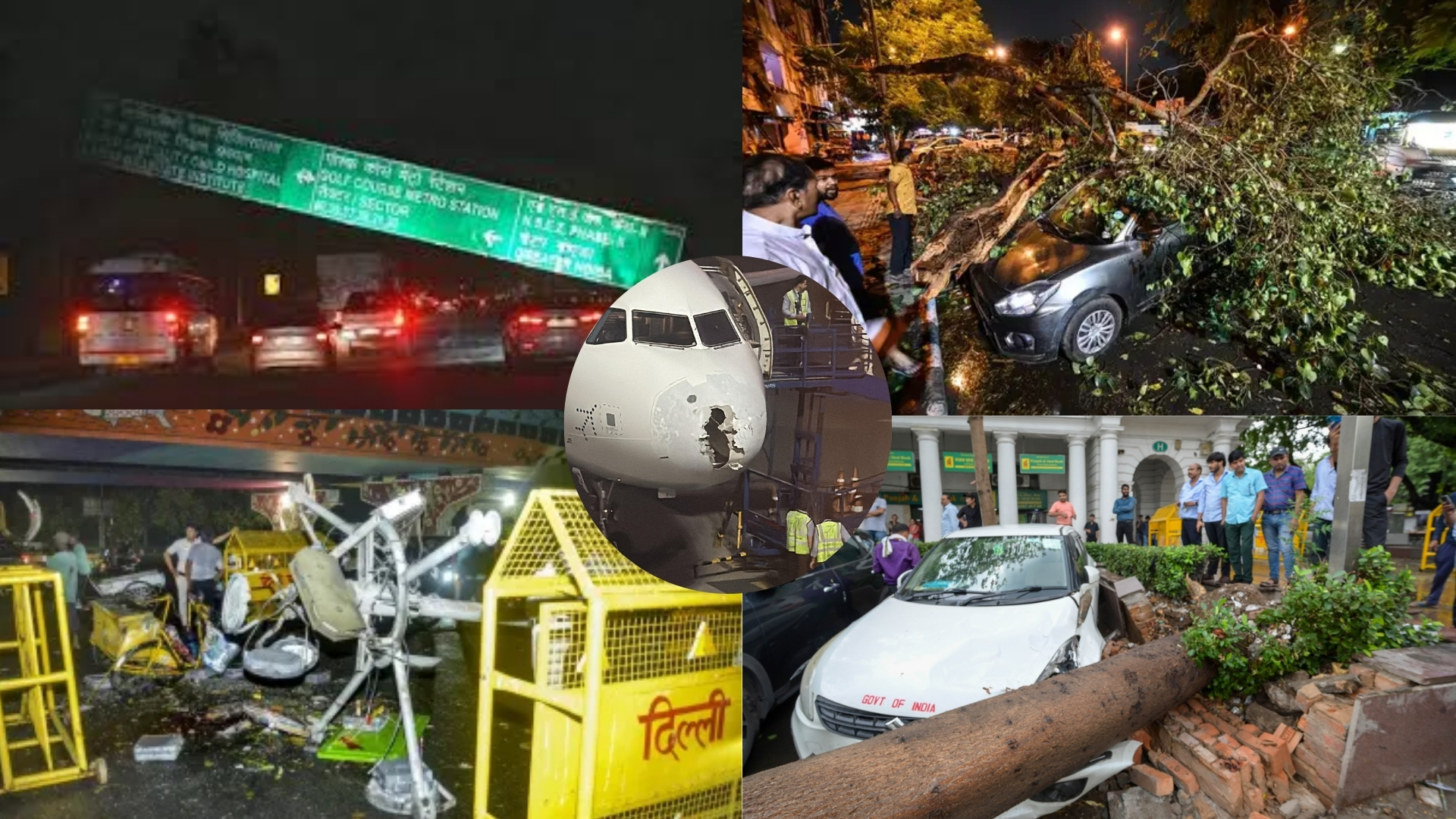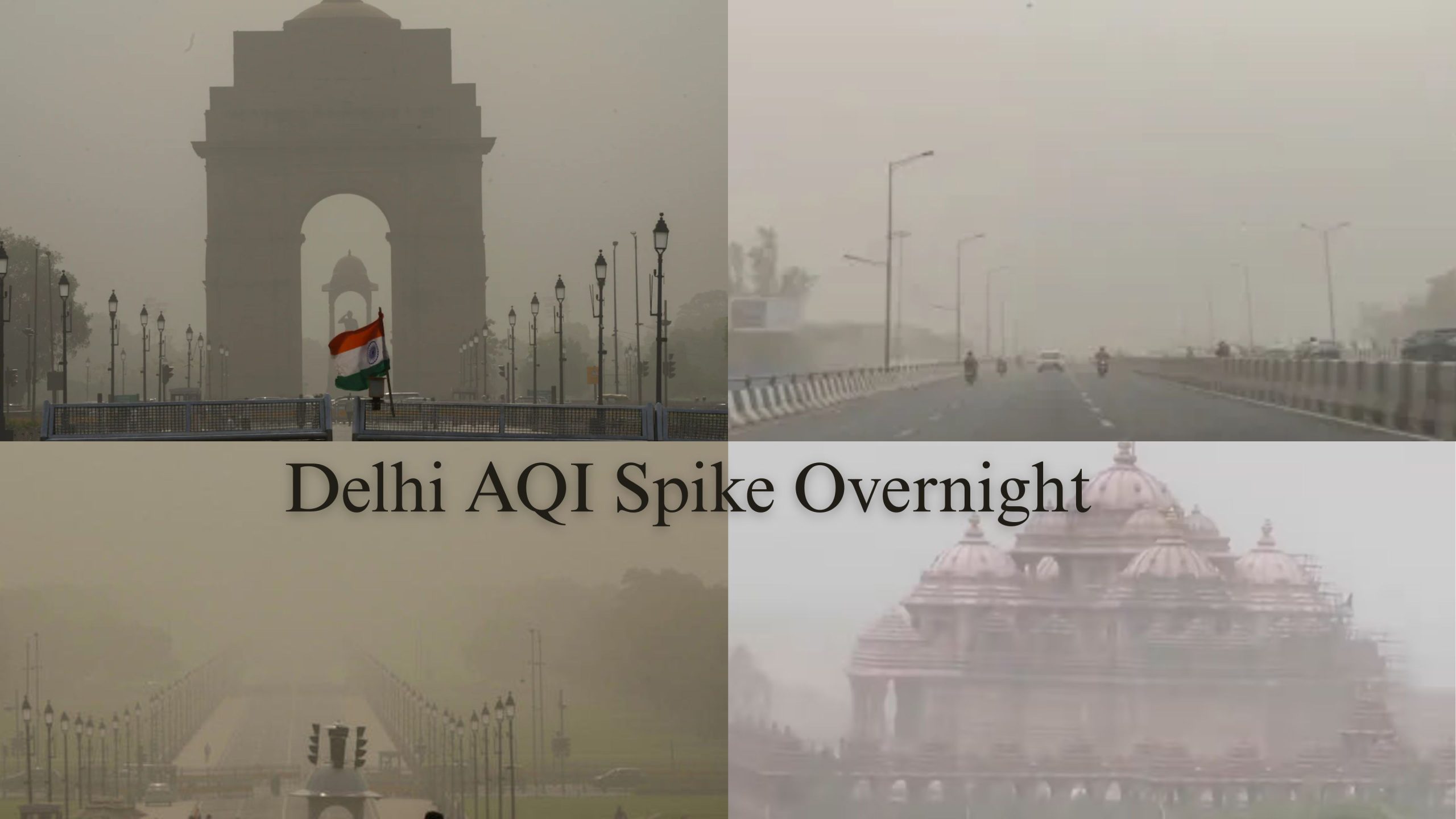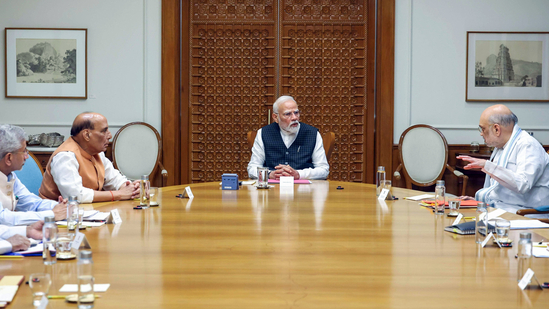
Iran drone attack Israel response June 13, 2025 was when the Middle East saw the region’s major escalation as Israel launched a huge military operation, which was codenamed “Operation Rising Lion,” against Iran’s nuclear facilities and military installations. The attack was a preemptive strike aimed at stopping Iran’s growing nuclear program, which Israel considered an existential threat. The operation and its implications have serious consequences for the stability of the region and international relations

1. Genesis of Operation Rising Lion
Israel launched Operation Rising Lion after receiving intelligence that Iran was close to developing nuclear weapons. Prime Minister Netanyahu described the strike as urgent and essential to protect Israel’s survival . Thus, the Israel Defense Forces sent around 200 fighter jets. They hit over 100 targets, striking nuclear plants, missile bases, and residences of top Iranian officials . Also, they severely damaged the Natanz uranium enrichment facility
2. What You Need to Know
In short, Israel’s attack brought its long-standing shadow war with Iran into full view. On June 13, 2025, explosions rocked Tehran early Friday morning . Moreover, Iran’s nuclear sites and military facilities were hit, according to Israeli officials. Iranian state media reported that a Revolutionary Guard commander and two top nuclear scientists were killed.

3. Iran’s Immediate Retaliation
Quickly afterward, Iran fired over 100 drones at Israel, marking a major escalation . The IDF activated all its air-defense systems and began intercepting drones outside Israeli airspace . Thus, the retaliation signaled Iran’s willingness to hit back hard
4. Six Nuclear Scientists Kille
At least six nuclear scientists died in the Israeli strikes, according to Iran’s Tasnim agency. Those killed included Abdolhamid Minouchehr, Ahmadreza Zolfaghari, Amirhossein Feqhi, Motalleblizadeh, Mohammad Mehdi Tehranchi, and Fereydoun Abbasi .
5. Regional & International Reaction
Global leaders expressed deep concern. The U.S. said it was not involved and urged Tehran not to target its assets . Meanwhile, Saudi Arabia, Australia, Qatar, Turkey, the UN, UK, India, UAE, China, and New Zealand condemned the escalation and called for restraint
6. Economic Implications
The war had short-term economic consequences. Oil prices jumped by about 10%, a function of supply fear in the oil-producing Middle East. World stock markets were volatile, with U.S. stock futures plummeting. Gold prices climbed as investors turned to safe-haven assets during the uncertainty.
7. Impact on Nuclear Negotiations
Israel’s operation was timed to coincide with planned nuclear negotiations between Iran and the U.S. The escalation threatened the negotiations, which were accused by Iran of U.S. involvement and threatened to be withdrawn from diplomatic talks. The International Atomic Energy Agency (IAEA) also raised alarms over the targeting of nuclear installations and demanded de-escalation.
8. Humanitarian Concerns
Accounts of civilian fatalities caused by the Israeli attacks, including fatalities in Tehran’s residential areas, were reported. State media in Iran claimed that children were among those killed, prompting humanitarian concerns and criticism from a range of international organizations.

9. Military Mobilizations and Preparedness
In preparation for even more retaliation, Israel issued a state of emergency, calling up tens of thousands of troops and gearing up to face possible missile and drone strikes. The IDF highlighted the capability to protect the country and act against any threat .
10. Likelihood of Wider War
The tensions between Israel and Iran increased concerns that the conflict would expand into a wider regional war. Experts have cautioned that ongoing skirmishes may involve other states and non-state actors, destabilizing the region even more. The situation is dynamic, with the world watching closely and urging diplomatic resolution.
Conclusion
Operation Rising Lion marks a dramatic shift in the Israel-Iran war, with implications far beyond regional stability, global security, and international diplomatic considerations. As the two countries prepare for the possibility of further engagement, the world looks on with fear, hoping for a lull and return to diplomatic talks.










































































